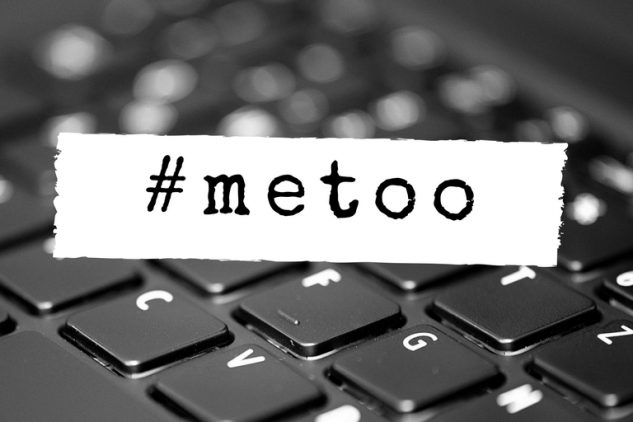
#Metoo & beyond: tackling sexual harassment in the workplace
The recent #metoo campaign should have made decision-makers acutely aware of the prevalence of sexual harassment in the workplace. Women are more likely to experience sexual harassment at work, and these risks are increased where there is a significant power imbalance between the employer and the worker. Through our engagement with experts in the field of women’s rights, FLEX has identified a need for a gender-sensitive approach to labour market enforcement. Such an approach must reflect the potential links between sexual harassment and other labour abuses and the barriers this can create to reporting exploitation.
Recent research by the TUC found that more than half of the women surveyed had experienced sexual harassment at work. One in ten reported that they had experienced unwanted sexual contact. Women in the hospitality sector were particularly exposed, with 67% reporting some form of sexual harassment. Such harassment may be linked with other labour abuses and is likely to make it difficult for women workers to report concerns.
In Norway, the #metoo campaign has triggered a joint response to sexual harassment at work by the Government, the labour inspection authority, trade unions and employers’ organisations. In Norway, as in the UK, women in the hospitality sector report a particularly high exposure to sexual harassment. Therefore, the group of stakeholders has developed a sector-wide programme to prevent and address the issue. The programme recently started off with a campaign in bars and restaurants to draw attention to the problem. This campaign will be followed by an information and training package to be delivered in 2018, alongside proactive labour inspections. In this way, the stakeholders are hoping to develop awareness of sexual harassment at work and how to prevent and address it. By committing to labour inspections, the group importantly recognises the potentially serious nature of sexual harassment itself, and the possible links to other forms of labour exploitation.
A gender-sensitive approach to labour market enforcement must however also recognise the structural factors making women more likely to experience certain types of exploitation. One example is single parents, the vast majority of whom are women. Where a family depends upon a woman’s employment for survival, she is less likely to be in a position to leave or challenge abusive working conditions. As one hotel worker told the Guardian: “I asked for a paid break… and the next day I was sent home and told there was no work. You soon learn.” Women who have suffered sexual harassment or abuse, may face a culture of disbelief, bullying or intimidation from abusive employers or fellow staff. In such cases women, and particularly migrant women, often feel that they won’t be believed. They may therefore be reluctant to speak about abuse with men in a position of authority.
The Immigration Act 2016 saw the Gangmasters and Labour Abuse Authority’s (GLAA) remit expanded to cover the entire labour market. This includes sectors dominated by women, such as hospitality, care and cleaning. To effectively address labour exploitation and prevent modern slavery in these sectors, an understanding of the particular abuses and vulnerability factors affecting women workers will be key. The initial reactions to the #metoo cases of sexual harassment must translate into meaningful action – the UK Government, the GLAA, unions and employer organisations should work together to ensure that all women are safe at work.
